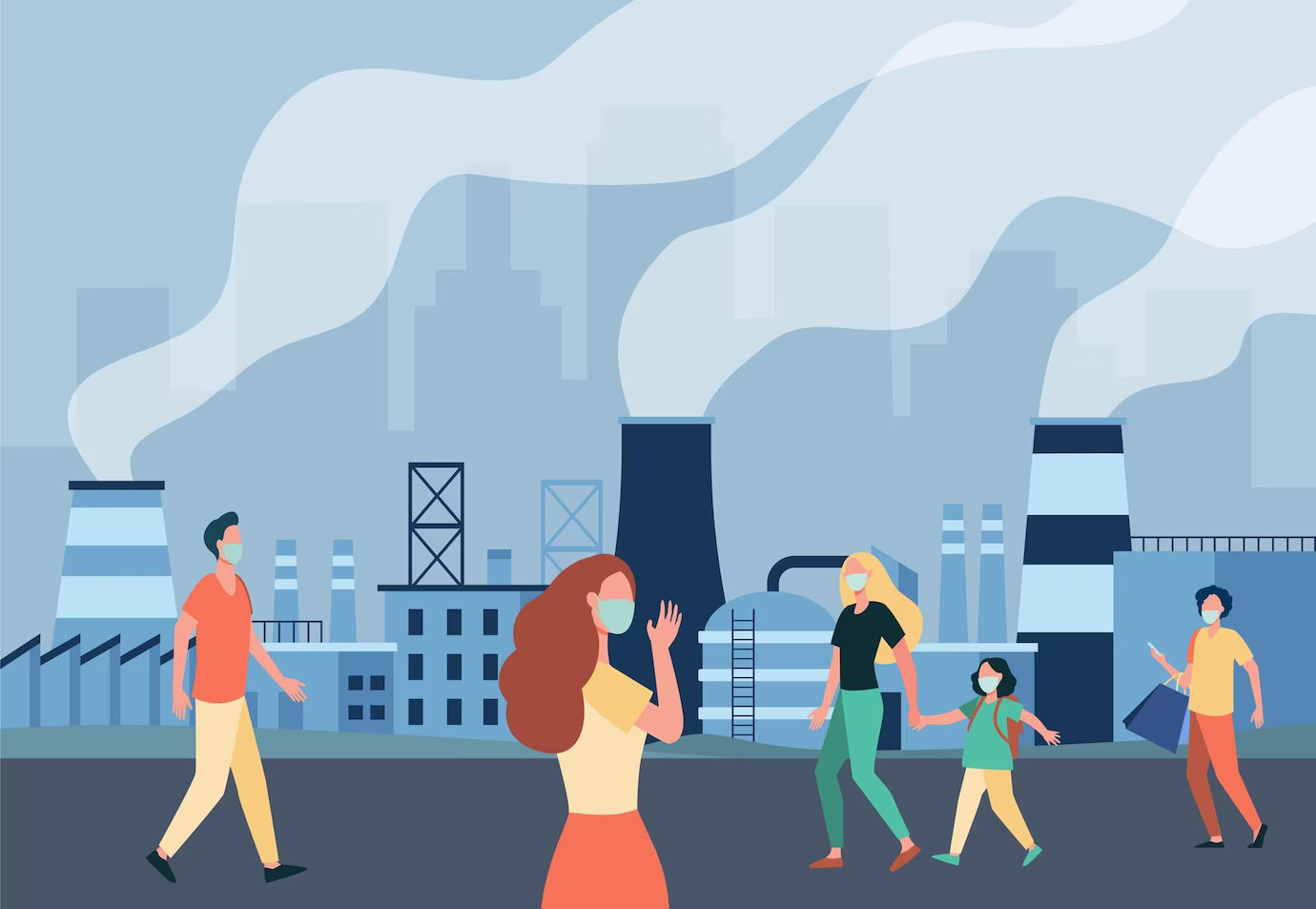Air pollution and environmental justice are closely related because air pollution tends to disproportionately affect communities of color and low-income communities. This is because these communities are often located near industrial facilities, highways, and other sources of pollution. Additionally, these communities may lack political power or resources to advocate for their rights and to ensure that their air quality is protected.
Environmental justice advocates argue that everyone, regardless of their race or income, has the right to clean air and a healthy environment. This means that policies and regulations related to air pollution should prioritize the protection of these vulnerable communities. For example, communities may advocate for more stringent regulations on polluting industries, the installation of air quality monitoring systems, and the development of green spaces to help mitigate the effects of pollution.
The impacts of air pollution on vulnerable communities can be severe. Exposure to air pollution can cause respiratory problems, heart disease, cancer, and other health problems, which can lead to premature death. Additionally, pollution can damage crops, forests, and other ecosystems, which can have ripple effects throughout the food chain and impact the livelihoods of people who depend on these resources.
Overall, addressing environmental justice concerns related to air pollution requires a multifaceted approach that involves collaboration between affected communities, policymakers, and industry leaders.


